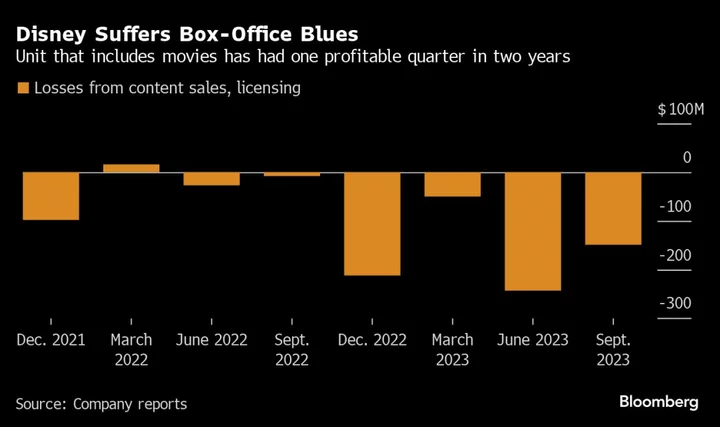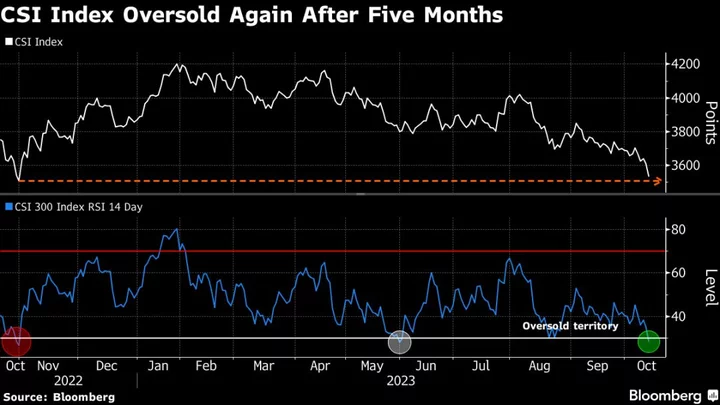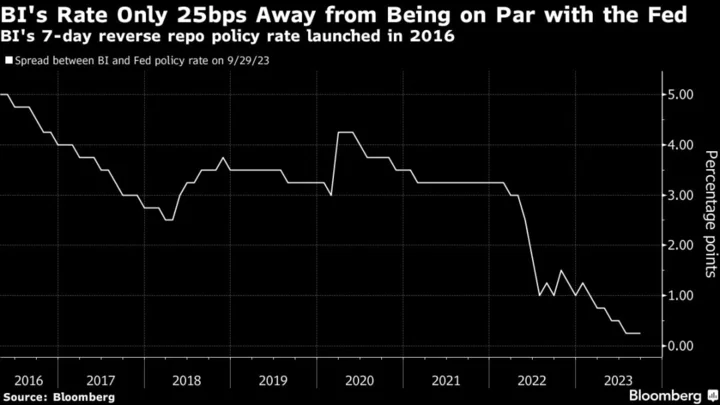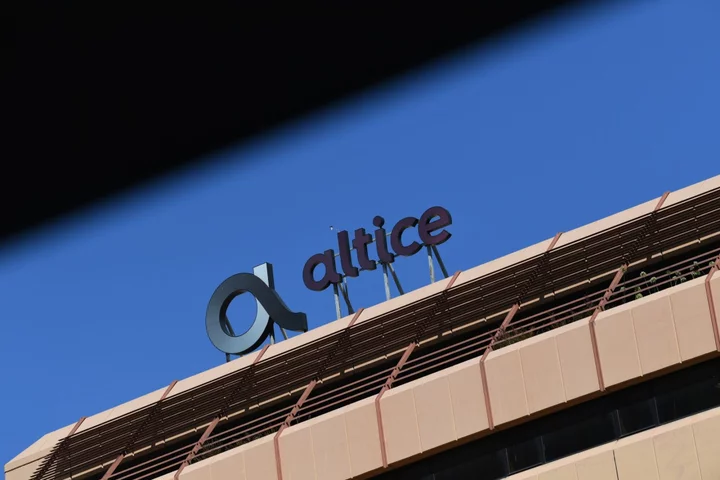Walt Disney Co.’s Wish was supposed to celebrate the 100th anniversary of the company that invented animated princess movies like Sleeping Beauty and Cinderella.
Instead, the picture landed with a thud, delivering just half of its expected ticket sales over the Thanksgiving weekend. It became the latest disappointment in a dismal year for Disney that’s included duds from Marvel and Lucasfilm.
The performance — following two years of losses in the division that includes the film studio — highlights a new potential problem for the company. Stories appealing to young girls are a core business for Disney, with sales that spill over to consumer products and theme parks. The picture’s poor results, and Disney’s recent track record in theaters, may provide more ammo for activist investor Nelson Peltz and his Trian Fund Management, which is seeking seats on Disney’s board.
Wish, also the name of Disney’s newest cruise ship, took in just $31.6 million over the five-day weekend, which the Burbank, California-based company has historically dominated with titles such as Frozen and Toy Story. The picture, which cost about $200 million to produce, finished in third place behind Lions Gate Entertainment Corp.’s The Hunger Games: The Ballad of Songbirds and Snakes and Apple Inc.’s Napoleon.
Disney studio executives now must assess what went wrong. Was Wish was too earnest compared with other more playful, and successful, animated pictures this year like The Super Mario Bros. Movie and Trolls Band Together, both from Comcast Corp.’s Universal Pictures?
One concern is that the company has conditioned families to hold off on heading to the theater, knowing that newer movies will appear soon on the Disney+ streaming service.
Changing tastes may also be an issue.
Wish, which scored just 50% approval from critics at Rotten Tomatoes, tries to pay homage to Disney princess classics from the past: a girl wishing on a star, an evil monarch and a cute animal sidekick. It was designed to celebrate the company’s legacy of animation, with references to magic mirrors, the seven dwarfs and a castle ringed by fireworks.
But the strong box office performance this year of director Greta Gerwig’s feminist Barbie, Taylor Swift’s concert film and even the return of The Hunger Games franchise with new heroine Lucy Gray Baird suggest girls are more interested in older, characters and stars they can emulate — not classic fairy tale princesses.
Disney has problems throughout its film kingdom. Ticket sales for Lucasfilm’s Indiana Jones and the Dial of Destiny suggested audiences no longer care as much about the franchises that entertained baby boomers. Weaker-than-expected results for The Little Mermaid showed fans won’t necessarily rush to see live-action remakes of earlier classics in same way they did for The Lion King and Aladdin in 2019. While this year’s Guardians of the Galaxy Vol. 3 performed well, ticket sales for Ant-Man and the Wasp: Quantumania and The Marvels indicate audiences may have also grown tired of Marvel and its superheroes.
To some degree, Disney is judged against the blowout performance of its past successes, such as Avatar: The Way of Water, which was released last December and became the third-highest grossing film in history. Some recent titles have been hurt by the Russian market being closed to US films after the country’s invasion of Ukraine.
The results have implications across the Disney empire, from theaters to toy aisles. Dolls based on Wish characters are already selling for nearly half price at Amazon.com and Target.
The disappointments amp up the pressure on studio chief Alan Bergman, who has been sole head of the film businesses since 2021, when Alan Horn, a well-respected executive from the creative side, stepped down.
Bergman, who has worked at Disney since 1996, came up through the financial part of the studio. On Tuesday, he expressed confidence in the company’s slate of movies for summer 2024.
“Deadpool 3, Planet of the Apes, Inside Out 2, and our Alien movie — that’s what I’m looking forward to,” he told employees at a company town hall.
Chief Executive Officer Bob Iger, who returned to run Disney a year ago, told employees at the same event that he’s been assessing the performance of the company’s film business.
“One of the reasons I believe it’s fallen off a bit is that we were making too much,” he said. “I think when it comes to creativity, quality is critical, of course, and quantity in many ways can destroy quality. Storytelling, obviously, is the core of what we do as a company.”
The company has overhauled its schedule of theatrical releases three times in the past year, delaying some titles by as much as three years, and all the way until 2031. That gives Iger, whose contract runs through 2026, more time to improve the quality of each picture.









